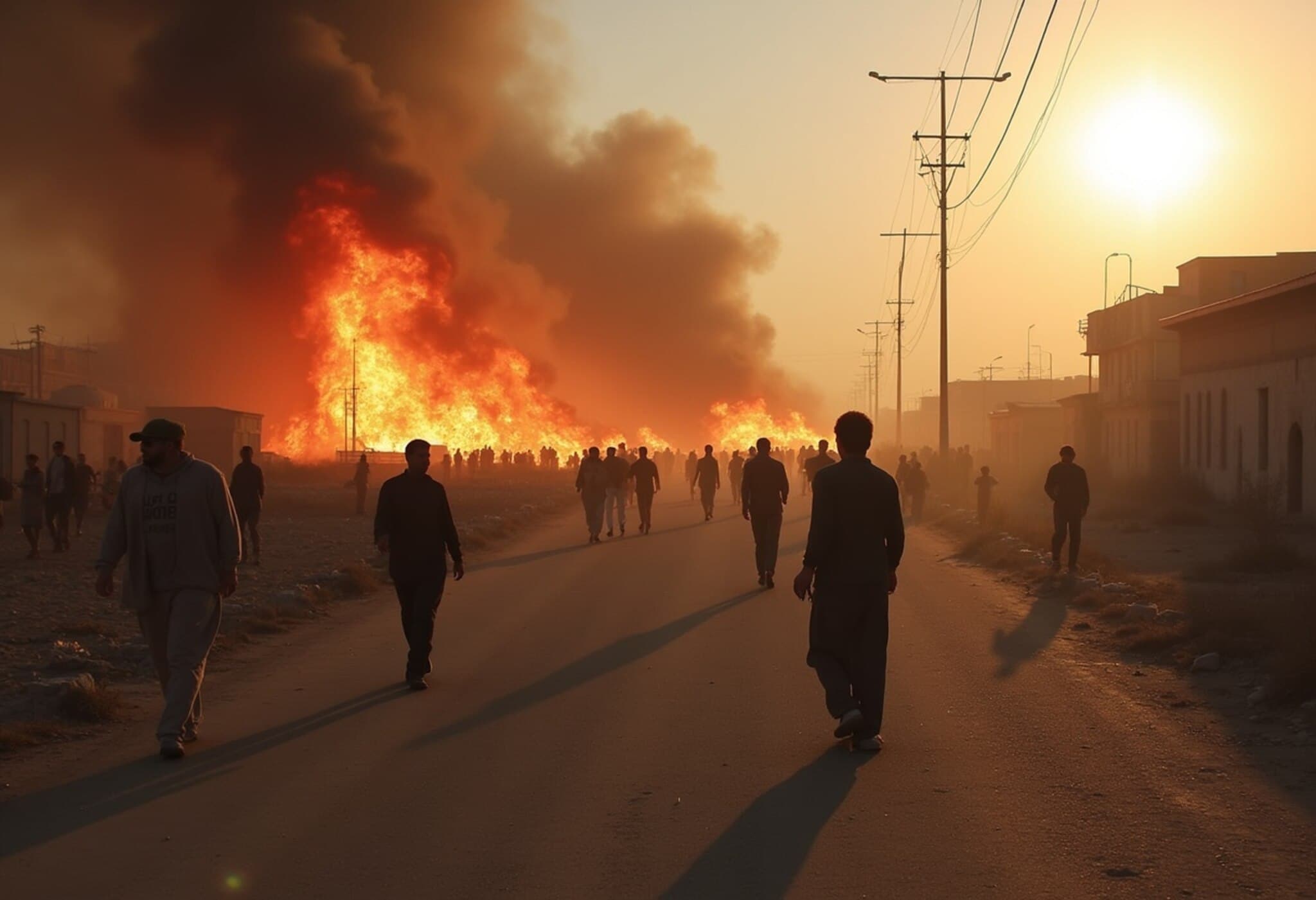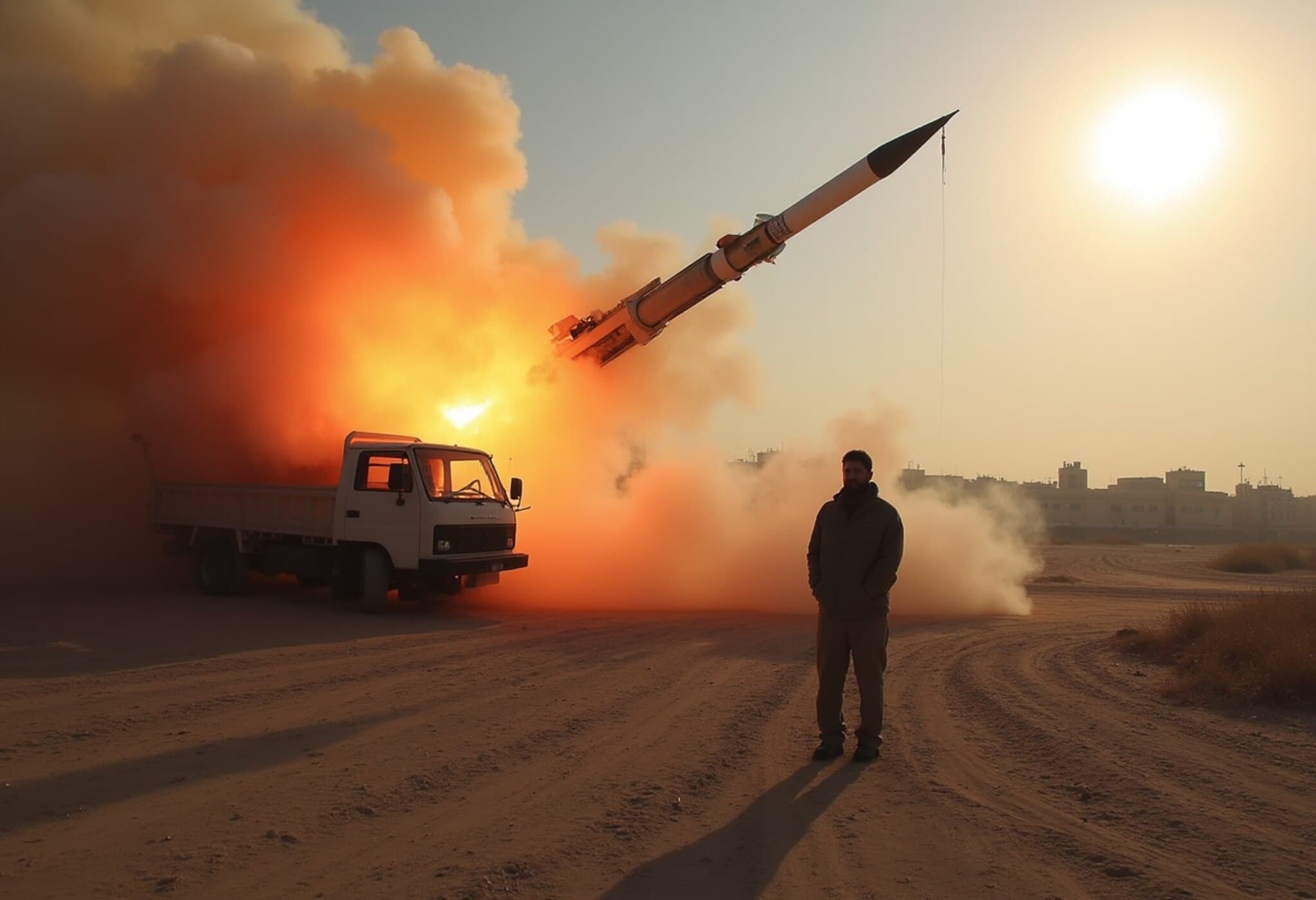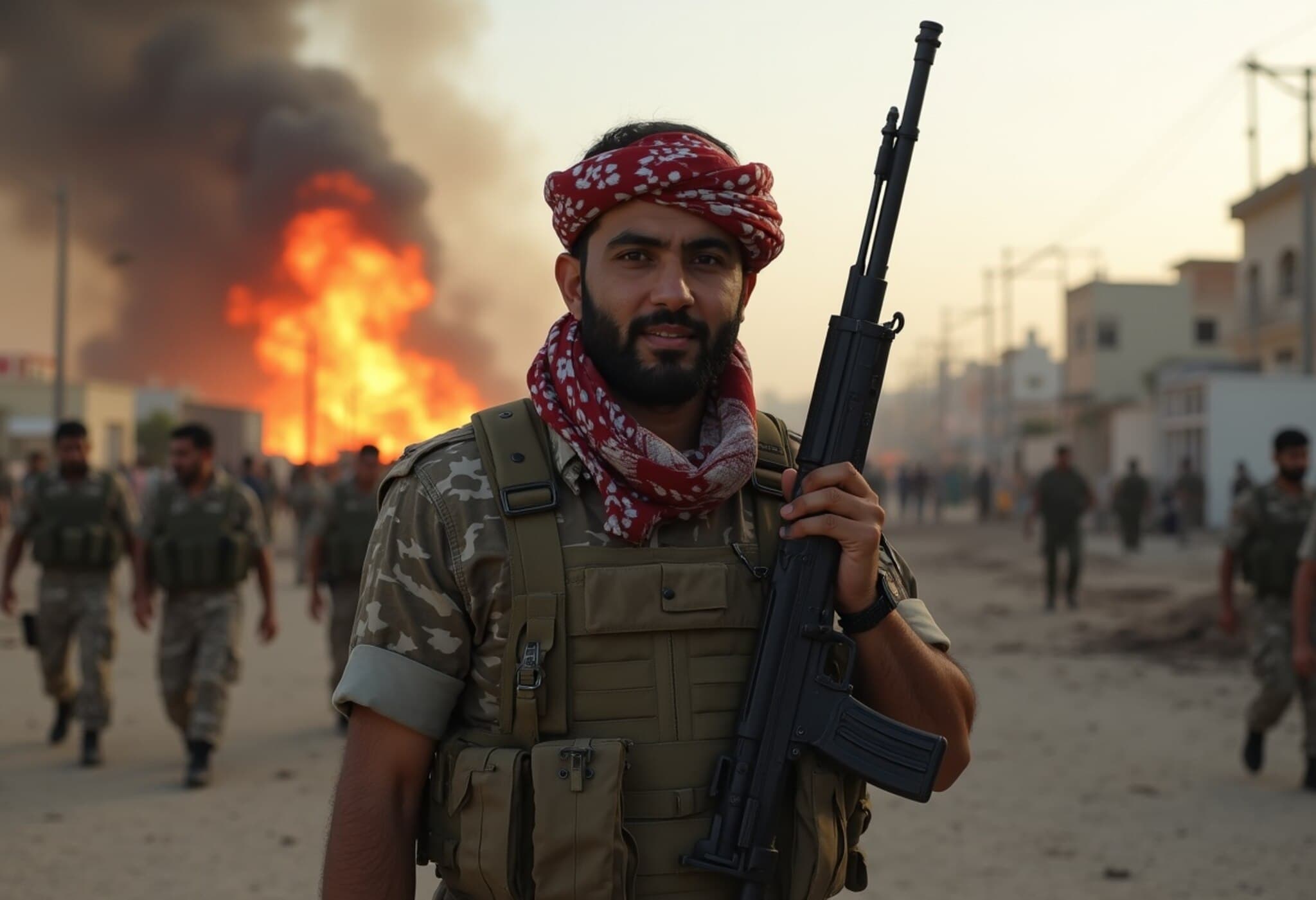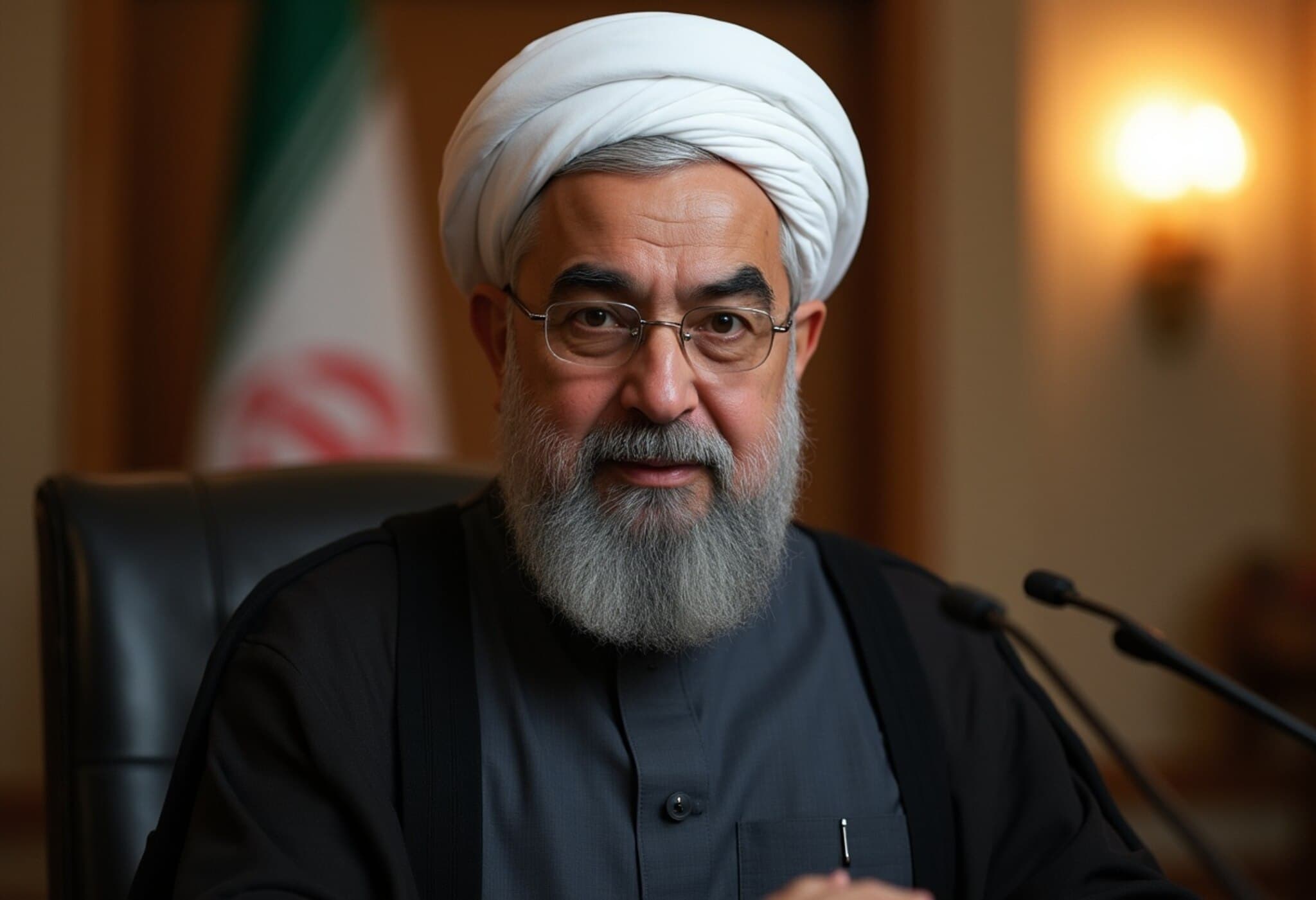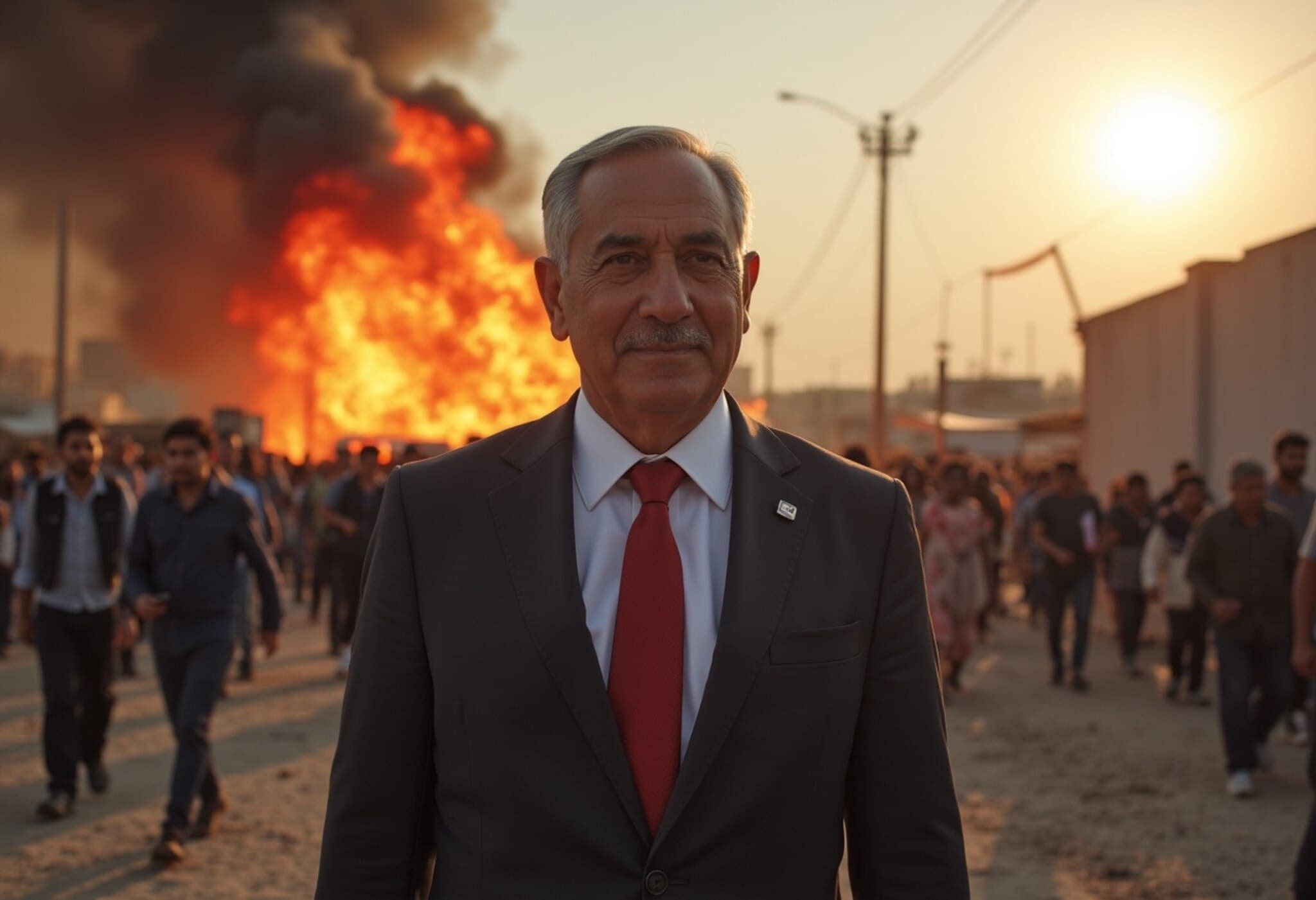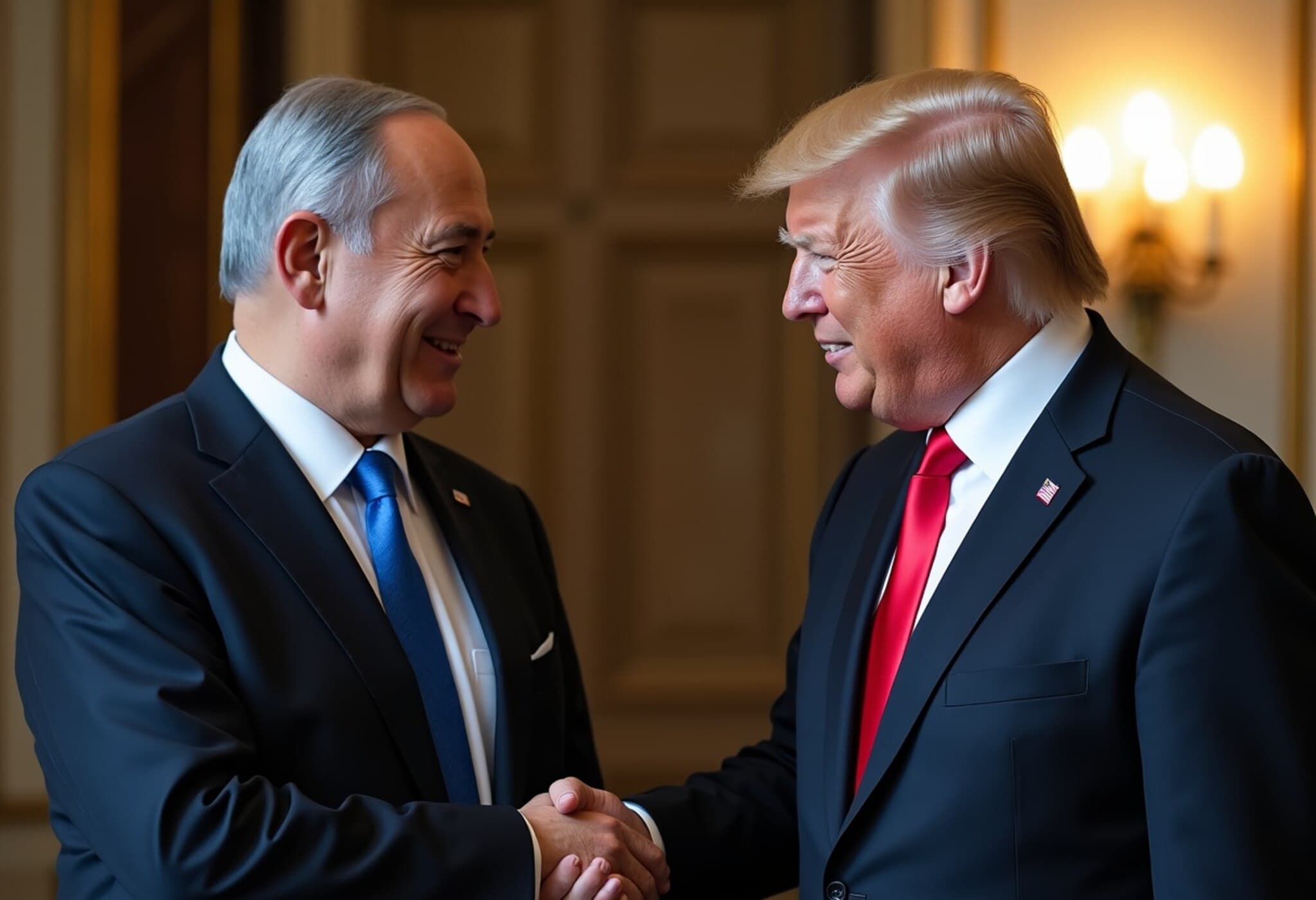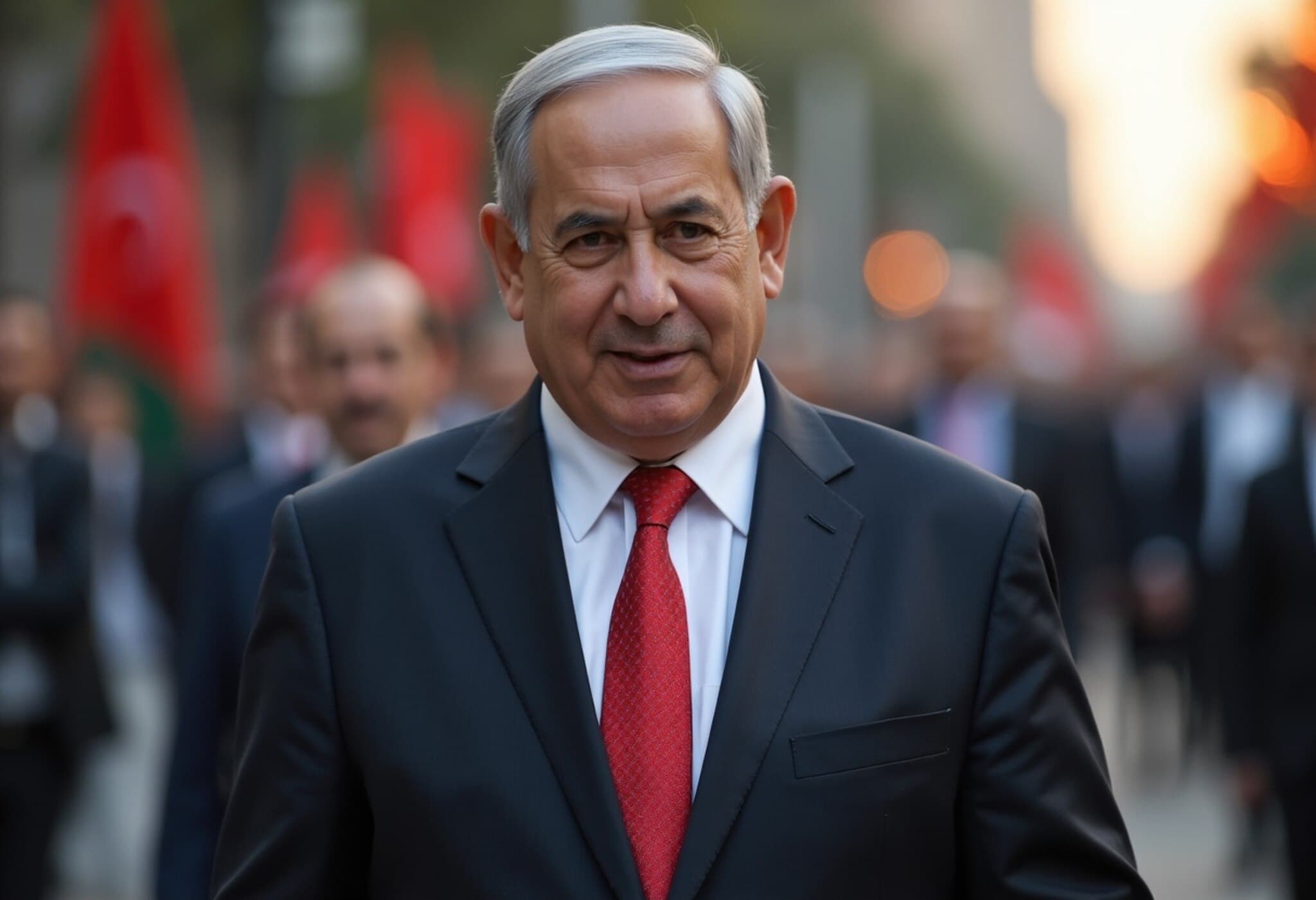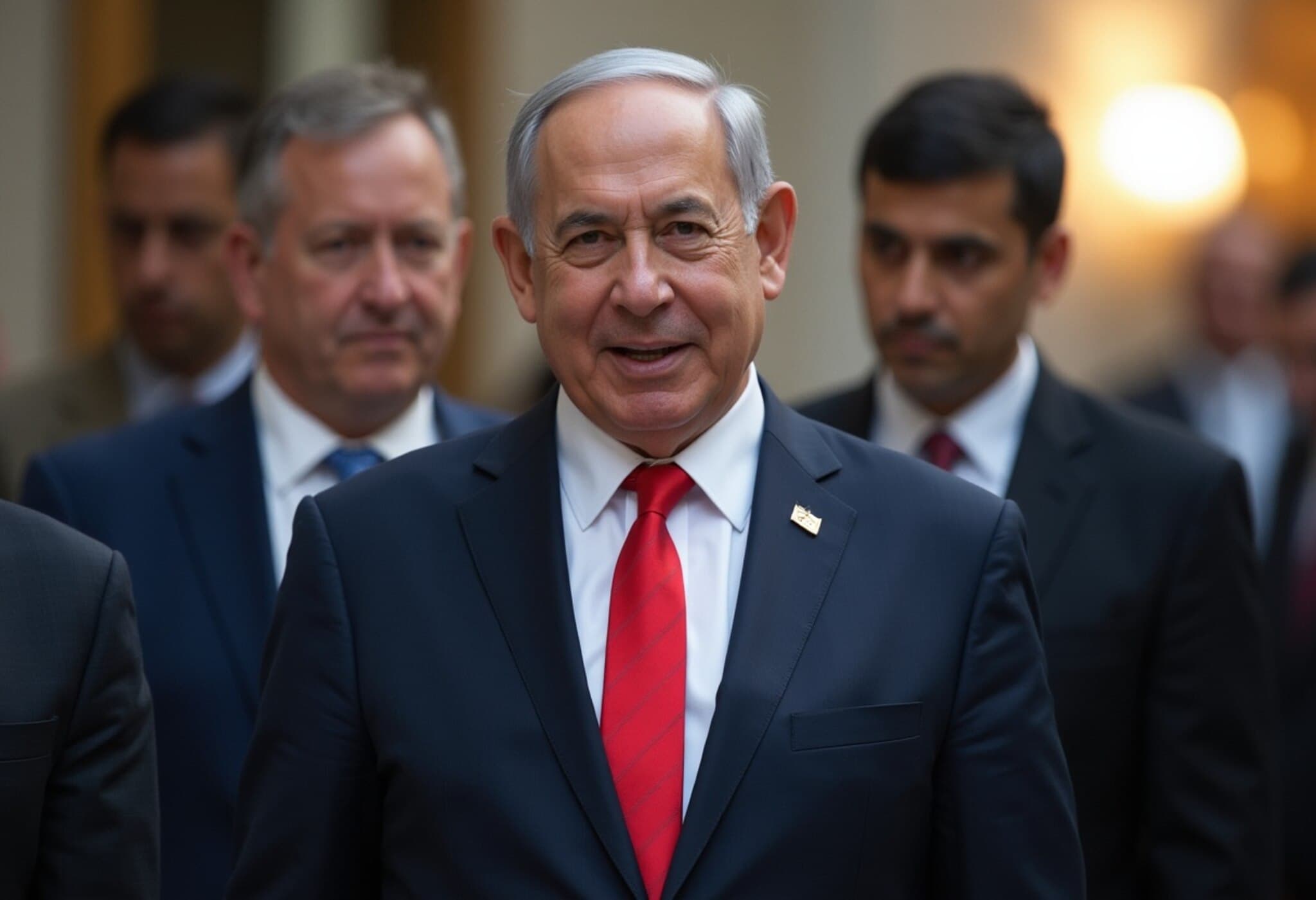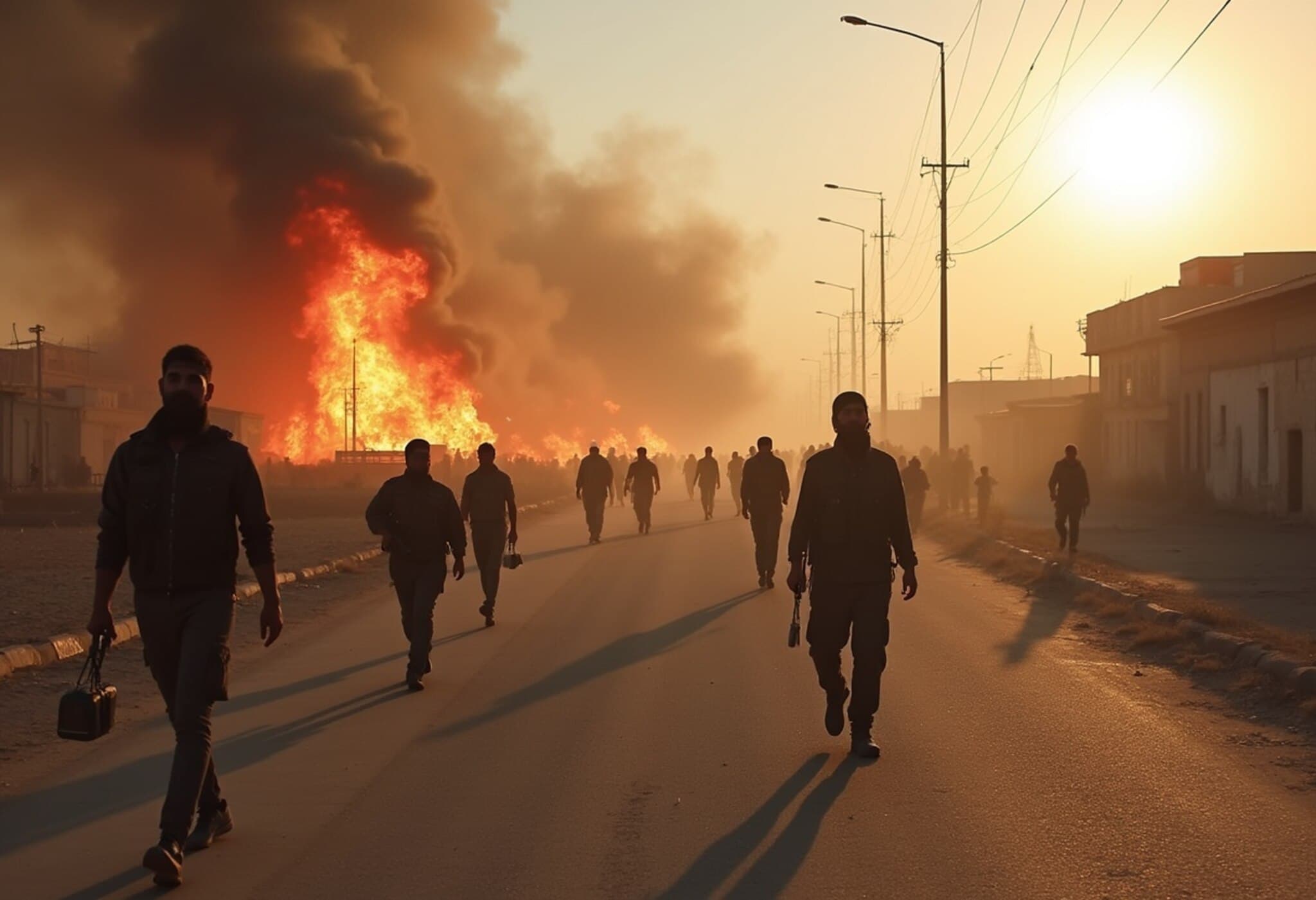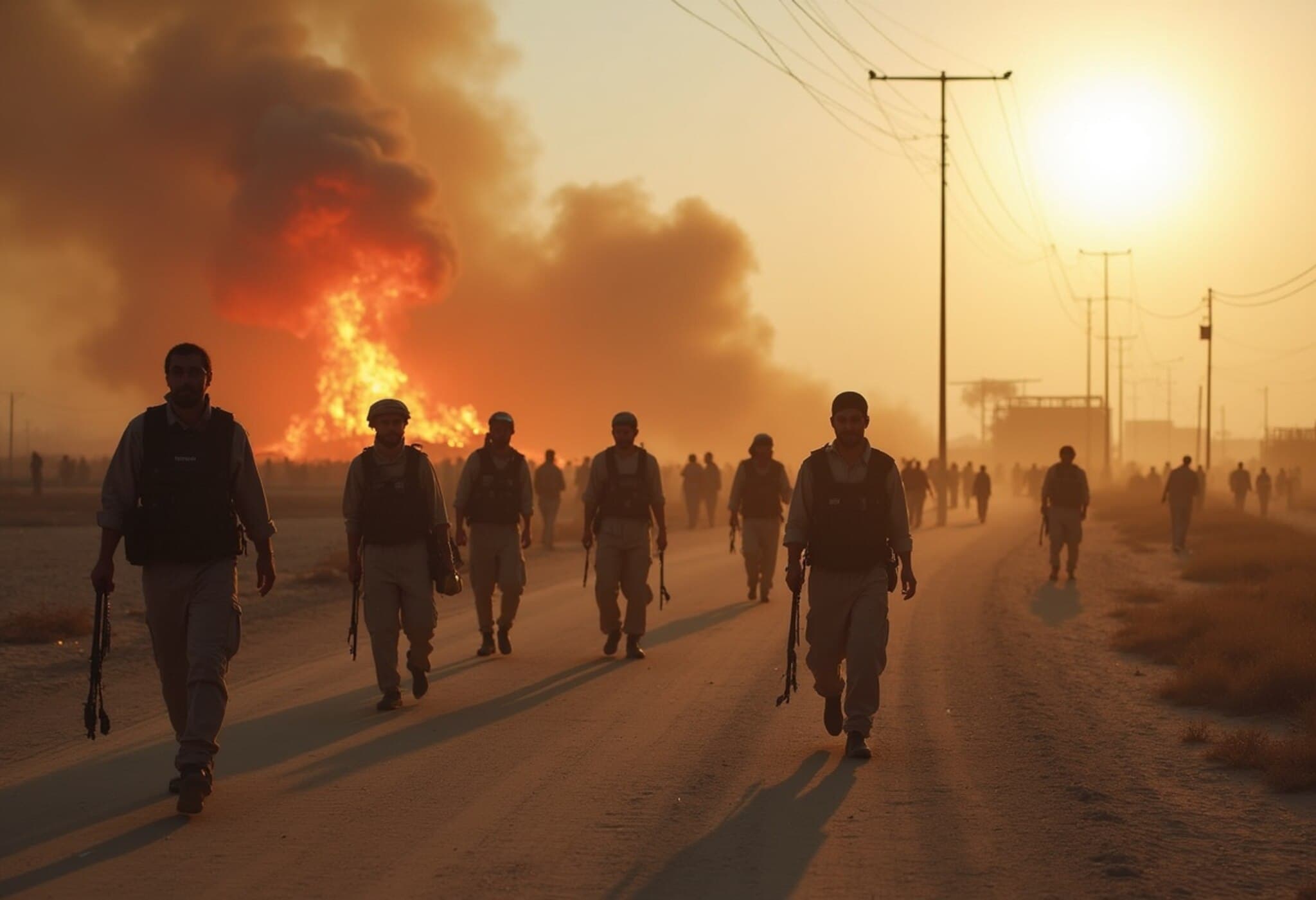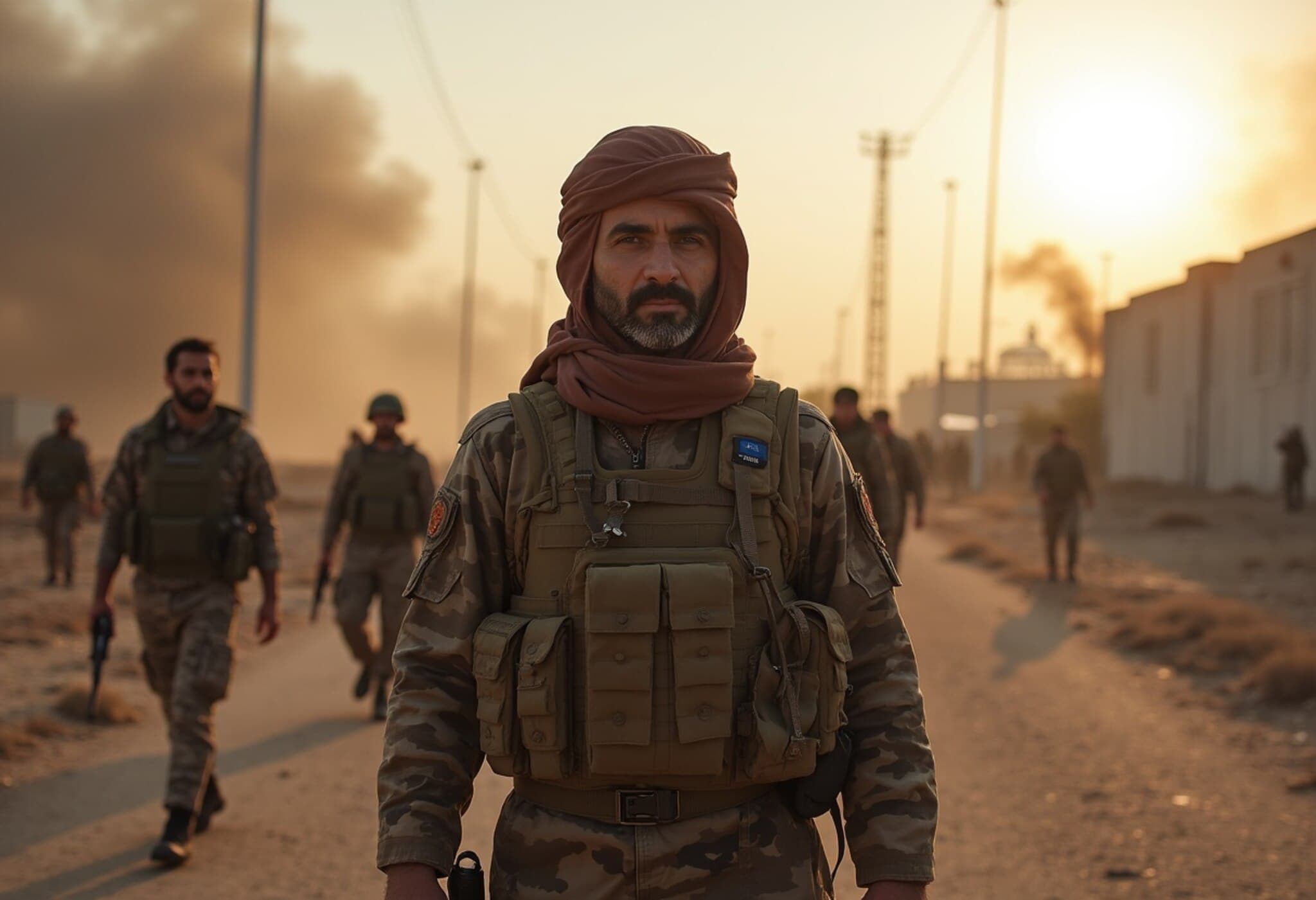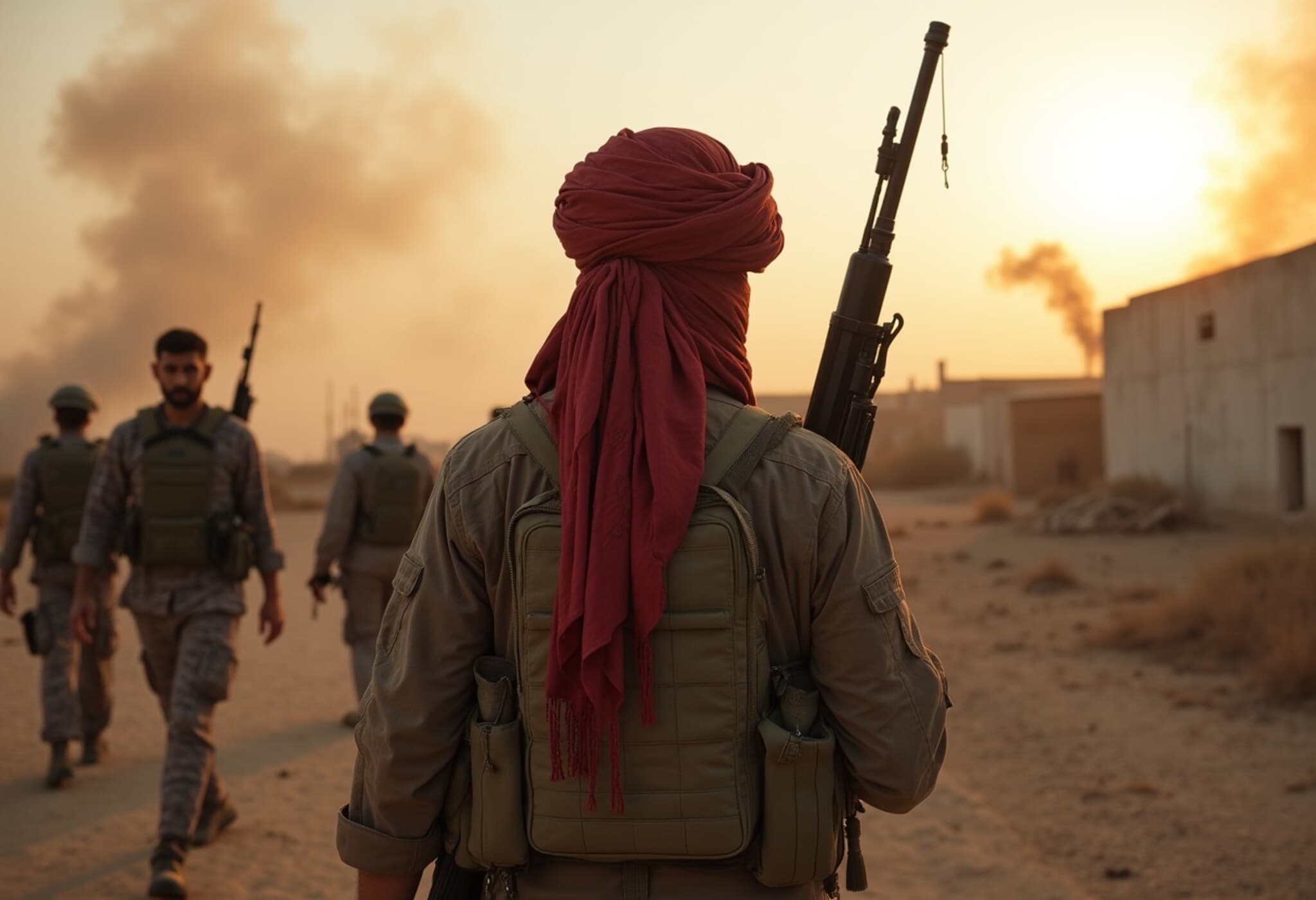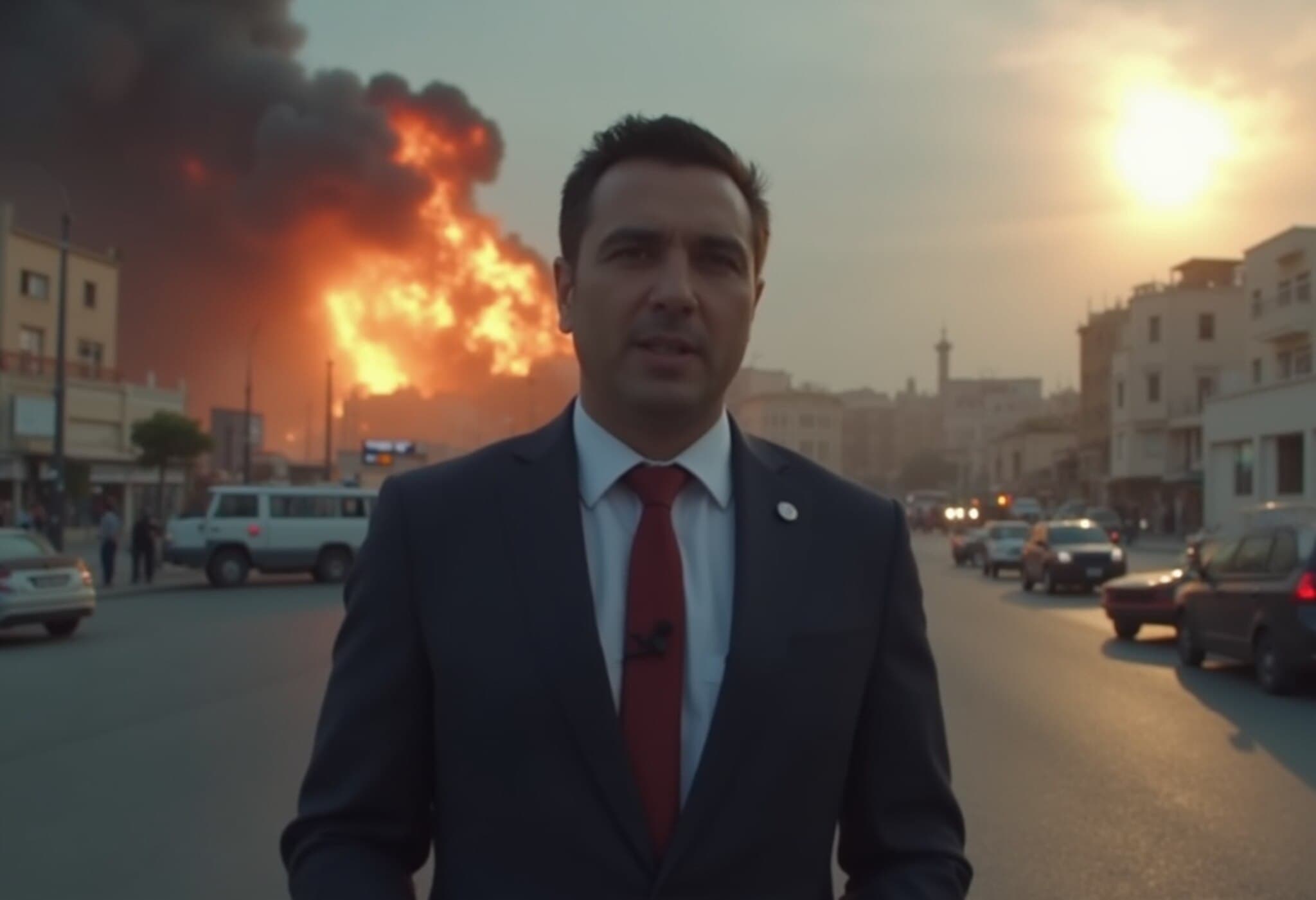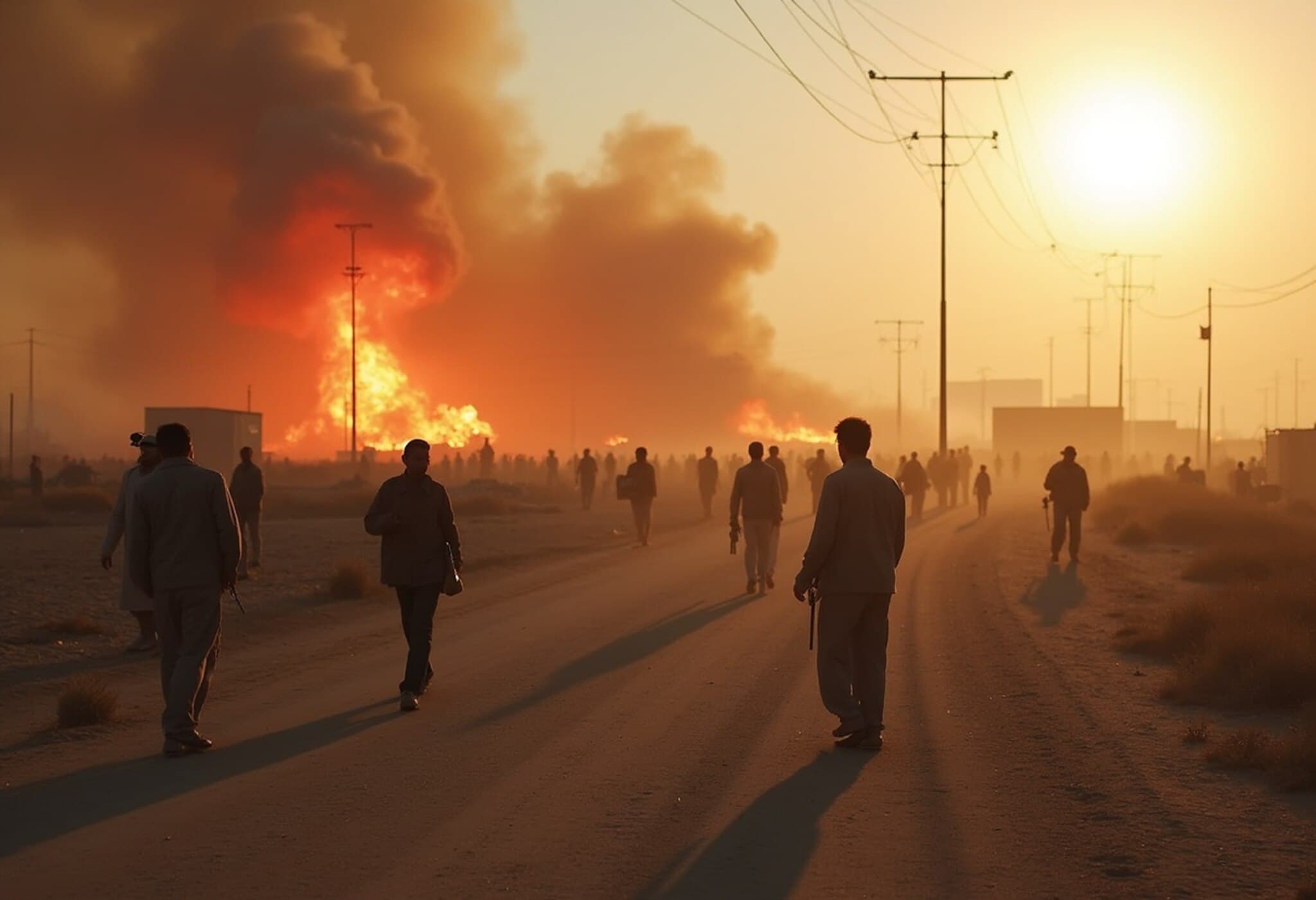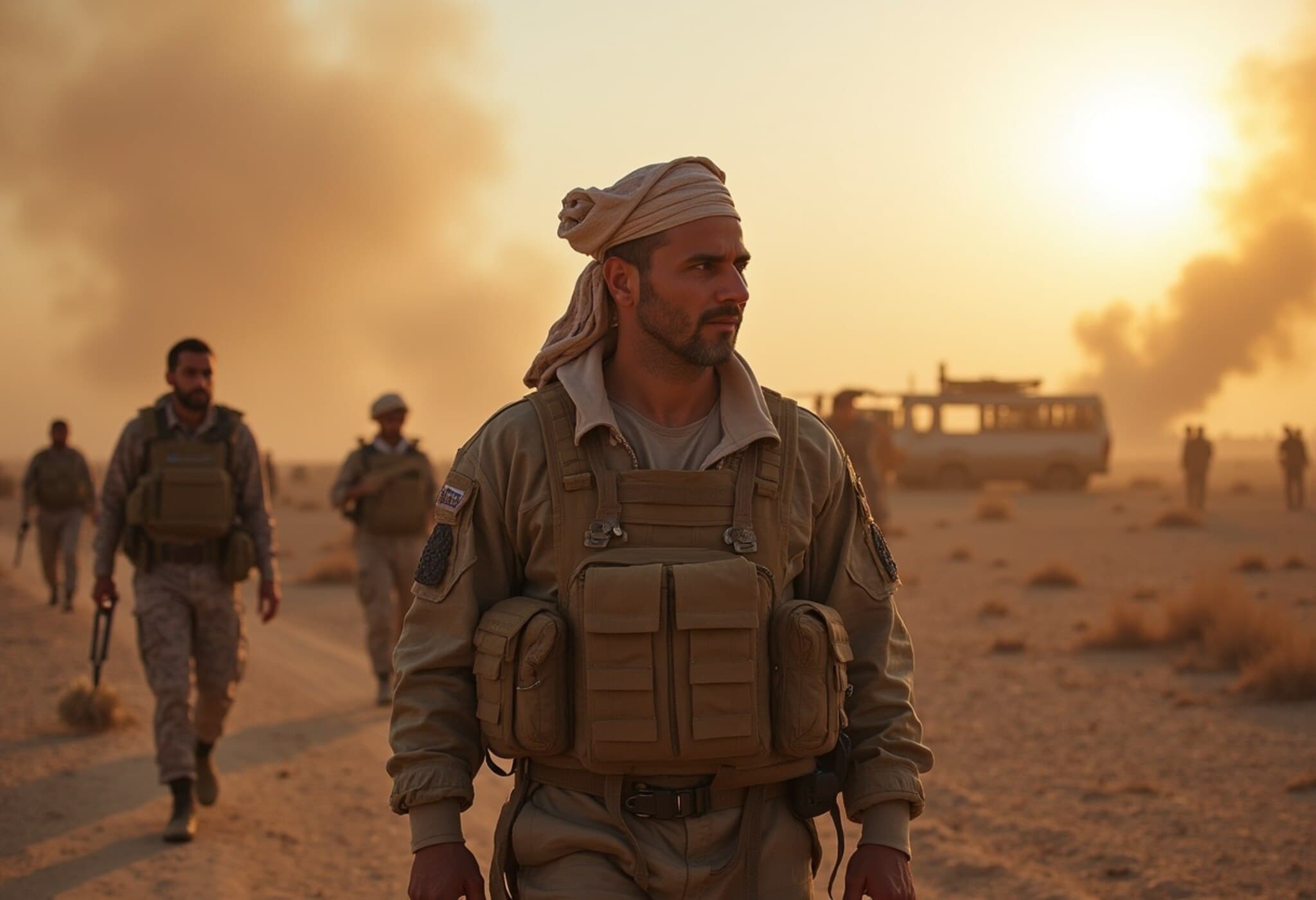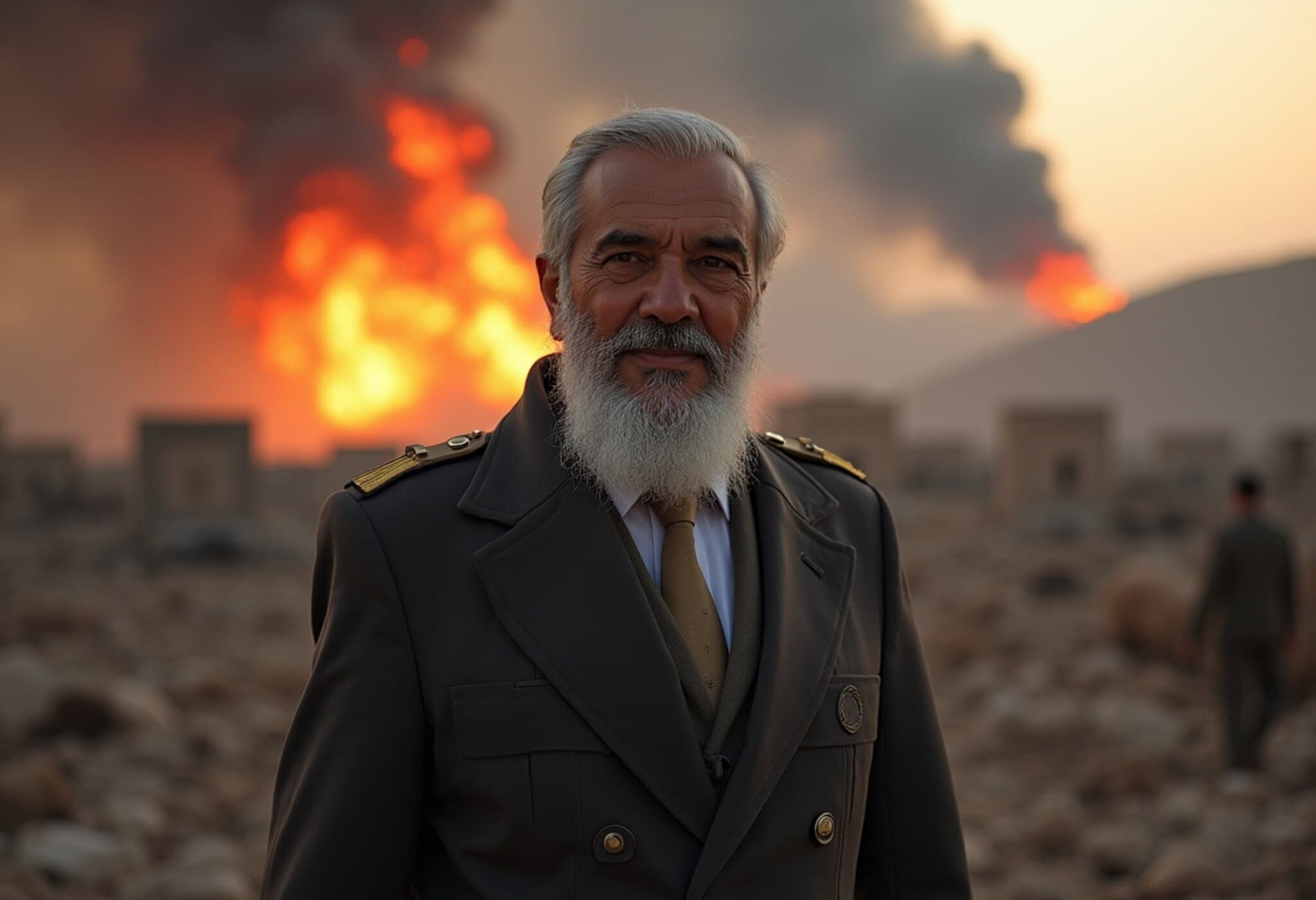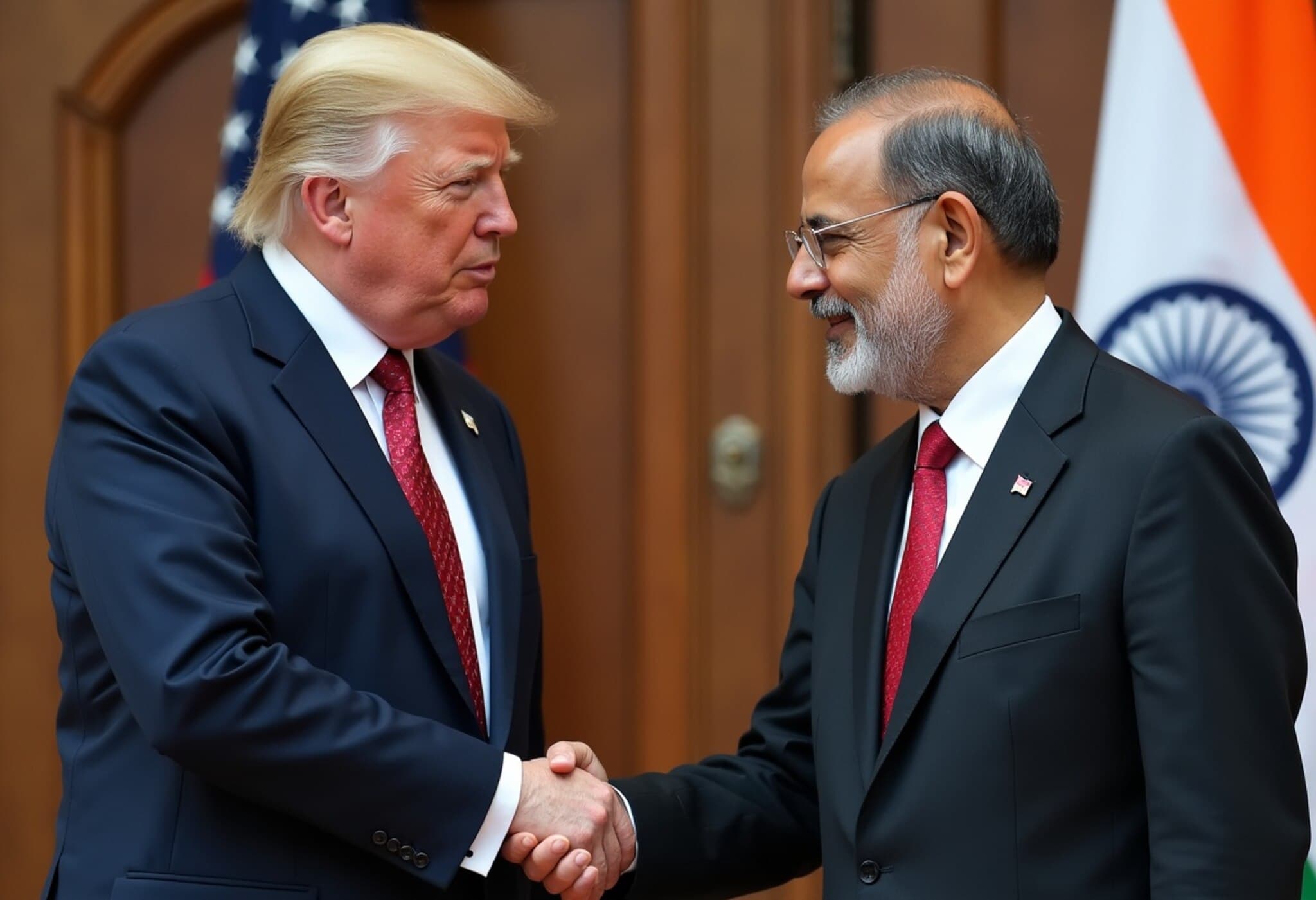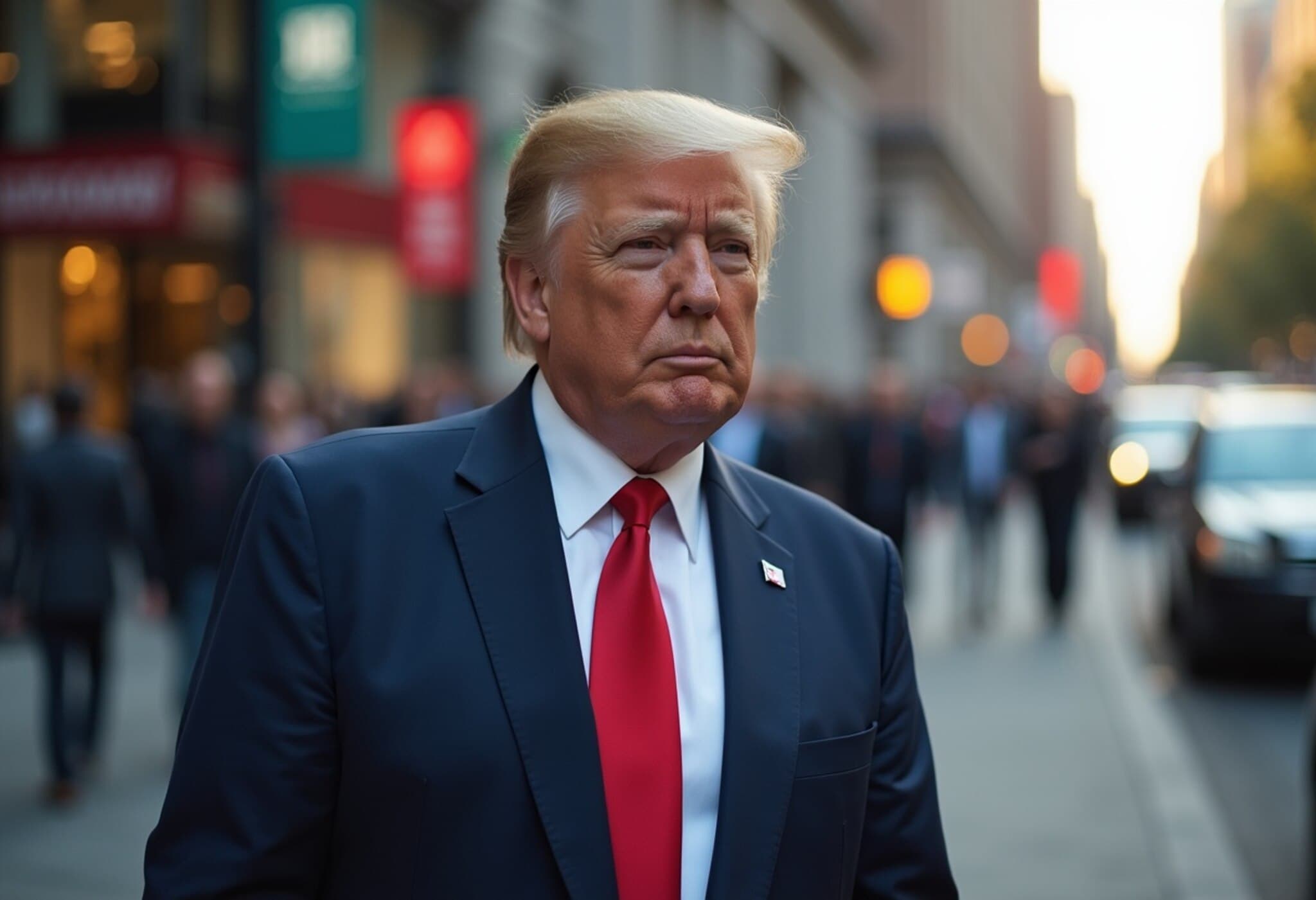Syria Establishes Commission to Probe Sweida Communal Violence
On July 31, 2025, Syria’s Justice Minister Muzher al-Wais announced the formation of a seven-member investigative panel to examine the recent deadly clashes between Druze and Sunni communities in the southern province of Sweida. This move marks a significant step by Damascus to address escalating sectarian tensions amid ongoing efforts to stabilize the war-torn nation.
Background of the Sweida Conflict
Sweida, a predominantly Druze region with a substantial Sunni Bedouin tribe presence, witnessed intense fighting that erupted on July 13. What began as a local tribal dispute quickly spiraled into violent confrontations involving Druze militia and Sunni tribes, escalating despite intervention attempts by government forces. The clashes tragically resulted in hundreds of casualties over nearly a week.
The volatile situation further complicated Syria’s fragile sectarian fabric — the Druze, a minority Islamic sect spread across Syria, Lebanon, and Israel, historically coexist with the Sunni majority but have faced recurring disputes over land and resources in Sweida. The region's tensions have long reflected broader national fractures exacerbated by Syria’s ongoing civil war.
Official Response and Investigation Mandate
The newly formed commission comprises judges, attorneys, and a military official tasked with producing a detailed report within three months. Their investigation will focus on uncovering the root causes of the clashes, examining reported atrocities, and holding individual perpetrators accountable under Syrian law.
This inquiry follows a pattern established earlier in the year when a similar fact-finding committee investigated the killing of hundreds of Alawite civilians in Syria’s coastal areas amid militia infighting. That committee referred nearly 300 suspects to the judiciary, highlighting the government’s public commitment to legal accountability amid ongoing internal violence.
Regional and International Dimensions
Adding complexity to the conflict, Israel launched airstrikes against Syrian forces, citing cause in part to defend the Druze community, signaling how Syria’s sectarian conflicts invite regional interference. Moreover, a U.S.-brokered truce eventually stalled the Sweida violence, underscoring the international community's cautious engagement in Syria’s fractured sectarian landscape.
Context of Prolonged Sectarian Strife in Syria
The Sweida clashes are a grim reminder that sectarian tension rooted since the 2011 uprising still shapes Syria’s political and social realities. President Bashar al-Assad’s brutal crackdown on predominantly Sunni protesters set off a civil war that fractured the nation for over a decade. The recent transition to a new government led by a former Sunni Islamist faction with alleged global jihadist origins adds layers of complexity to achieving national reconciliation.
Experts caution that without meaningful political reforms and inclusive governance, these cycles of violence may persist. The Sweida clashes underscore the urgent need for reconciliation efforts that address historic grievances between Syria’s diverse ethnic and religious groups.
Expert Insight: Why This Investigation Matters
Dr. Lina Haddad, a Middle East policy analyst, explains, "The establishment of this commission is a critical but cautious step. It offers a rare official acknowledgment of sectarian fault lines, but its success hinges on transparency and protecting the rights of minority groups. Syria’s path to peace relies heavily on whether institutions can enforce justice without bias or political interference."
This inquiry also raises pressing questions about the durability of Syria’s fragile ceasefires and the broader impact of sectarianism on regional stability. It remains to be seen if this effort will catalyze substantive dialogue among divided communities or devolve into symbolic gestures amid entrenched hostilities.
Looking Ahead: What to Watch
- Completion of Commission’s Report: Expected in late October 2025, its findings will offer insight into accountability and justice mechanisms.
- Government Transparency: The level of openness surrounding the investigation process will reflect Syria’s commitment to reform.
- Community Reconciliation Efforts: Whether local leaders can rebuild trust between Druze and Sunni populations after the violence.
- International Responses: The reaction of regional powers like Israel and global actors towards Syria’s sectarian policies and investigations.
Editor’s Note
The formation of an official investigative panel into the Sweida clashes marks a potential turning point for Syria’s long-suffering communities chained by sectarian divides. Yet, the broader challenge remains transforming such inquiries into genuine reconciliation and justice, not mere political theater. Observers should critically assess if this commission can bridge gaps in Syria’s fractured society or simply serve the government’s narrative amidst ongoing turmoil. The stakes are profound: sweeping sectarian violence threatens not just Syria’s future stability but regional peace as well.

